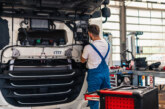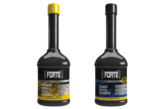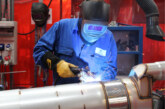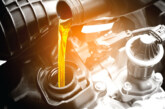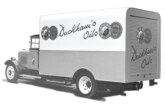
CVW sits down with new VLS Chairman, Mike Bewsey, to discuss his vision for the organisation and how he sees the future shaping its approach to lubricants.
Q. First of all, congratulations on the new role. What made you want to take on this job?
Mike Bewsey (MB): I was delighted to be invited to become Chairman of VLS. I have been involved with VLS since 2016 as a board member and have seen first-hand just how important its work is in upholding standards in the lubricants industry.
VLS sets out to achieve an open, transparent, and level playing field that benefits all lubricant companies by verifying the performance claims and technical specifications upon which lubricants are marketed to the end user.
It allows all companies to compete on service, value, and product quality whilst assuring the claims made on lubricant products are valid and reliable.
As well as Chairman of VLS, I am also Business Unit Director of Moove Lubricants, a key player in the lubricants industry. Over the years, VLS has given Moove the assurance it needs that if we come across a product in the marketplace that has a conflicting technical specification or performance claims that simply don’t make sense, then we can have it checked out. If necessary, it can be tested by an independent third party to validate our concerns and resolve any mislabelling issues.
Q. What are your main objectives going to be moving forwards?
MB: I am very proud of everything that VLS has achieved to date and very much want to build on those solid foundations.
Over the years, the types of cases that VLS has handled has changed, and VLS has adapted to reflect the needs of the market. In 2019, VLS launched new marketing claims guidance, in response to cases that involved overclaiming of specifications.
In 2020, VLS entered into a primary authority relationship with Buckinghamshire & Surrey Trading Standards, to support greater compliance for members and the industry by providing assured advice on lubricant marketing issues and the basis of claims in consumer law, as well as intervention and escalation in non-compliant products and non-cooperative lubricant marketers.
Our main objectives will be to support the transition to dealing with specifications built on new technology including plug-in electric hybrid, electric, and hydrogen vehicles. With OEMs pushing forward with new technology to meet the upcoming ICE ban, yet motorists holding on to their vehicles for longer than ever, lubricants manufacturers, mechanics, and motorists alike will need our support to understand how to correctly market lubricants and use them in vehicles.
We can provide stability during change and maintain that all-important level playing field for those involved in the lubricants industry.
I also see a role in VLS undertaking greater outreach with other similar programmes, from Germany’s FSQ programme to the Australian Lubricant Association’s product quality programme. Even here in the UK, we could ensure a joined-up and cohesive approach with API’s product quality surveys and ATIEL’s product compliance and monitoring.
Q. Will the transition to specifications built on new technology for vehicles be difficult in the CV industry?
MB: Any transition for any industry is difficult. Despite electric passenger vehicles having been around for over 100 years, they still only represent a small fraction of the vehicle parc and there are still huge technological challenges to overcome, such as charging infrastructure.
But the CV market has some particular challenges. Reliability and range are vital. Operators simply cannot afford to have vehicles breaking down or drivers and freight stopped for extended periods of time.
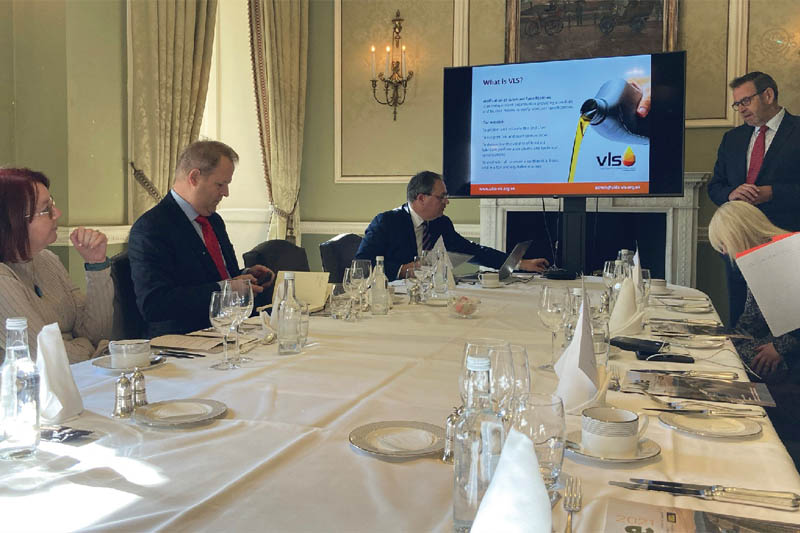
It’s interesting to see manufacturers such as Volvo, Daimler, MAN, and Caterpillar looking at hydrogen as a fuel, as an alternative to electric. Hydrogen may help CV operators resolve some of the challenges of battery-powered CVs, such as the size and weight of the batteries and the lack of charging points. Yet it delivers on the emissions challenge, being a low-carbon fuel.
Q. How will you attempt to improve VLS’ global outreach?
MB: Thanks to the hard work of the VLS Secretariat, the board, and my predecessor Andrew Goddard, VLS has already built up a reputation worldwide for being a leader in verifying lubricant specifications. VLS has already been approached by other countries looking to set up similar schemes. We are, of course, happy to assist them by sharing our approach.
By building relationships with these other organisations as can share best practice and learn from the different lubricant markets around the world. Our focus will always be on the UK lubricants market, as that is where our members are. But many of our members export around the world, so the more we can influence and learn from other global markets, the better we support our members.
Q. Are you prepared for the Euro VII emissions standards expected this year?
MB: We are expecting the European Commission to announce their draft proposals for the new Euro VII emission standards by the end of 2021. The industry has been debating for some time how far these standards should go.
The German Association of the Automotive Industry (VDA) has already warned that the move could result in the combustion engine being phased out from as early as 2025, with stricter CO2 and NOx emissions limits being introduced, as combustion engines will no longer be competitive.
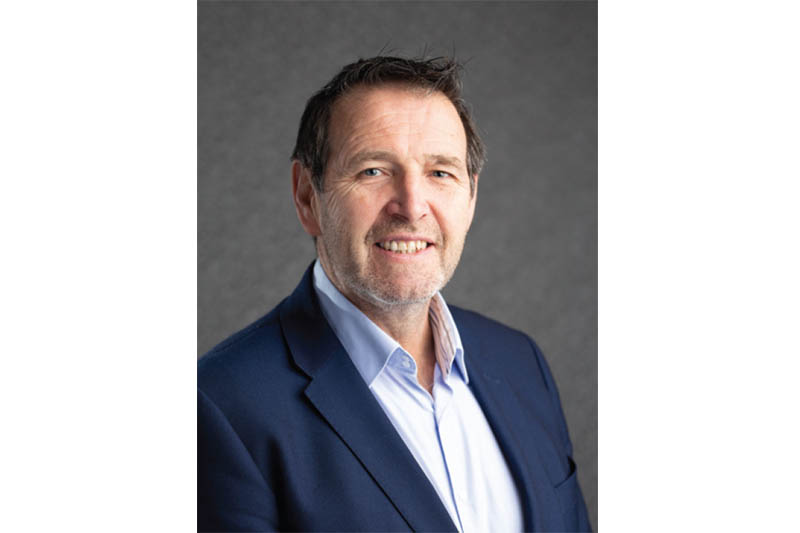
We are also expecting new tests which will require vehicles to meet stricter emissions standards in all driving conditions, including slow city traffic. Whatever the standards are, OEMs will be the first affected. We will continue to work closely with members to support them in the transition to new, even more sophisticated lubricants that can help manufacturers meet the emissions standards – whatever level they are set at.
Q. What do you think the most feasible fuel of the future is for the CV industry and how far away do you think it is?
MB: CV manufacturers are currently looking at a range of fuel options including electric battery-powered vehicles, hydrogen fuel cell vehicles, and hydrogen-fuelled vehicles, which use an internal combustion engine. Each of these ‘fuel of the future’ options has its own advantages and disadvantages.
For the commercial vehicle industry, I think the future will include a mixed range of fuels. Electric vehicles can certainly be viable for shorter range urban driving and deliveries, where there is good access to charging points. But where a longer range is required, I am excited by the potential of hydrogen as a fuel.
Already hundreds of filling stations all over Europe are primed to dispense hydrogen fuel which can be produced from a variety of domestic resources, including renewable power like solar and wind, as well as natural gas, nuclear power and biomass.
The low ignition energy of hydrogen ensures easy ignition of an ultra-lean mixture with air, to produce combustion in a near conventional type engine. Hydrogen offers quicker ‘refuelling’ times than batterypowered vehicles and operates in a way which we are all much more familiar with, using an international combustion engine.
This could smooth the adoption process, as engines running on hydrogen fuel will need fluids similar to existing engine oils, to keep moving parts functioning properly.



